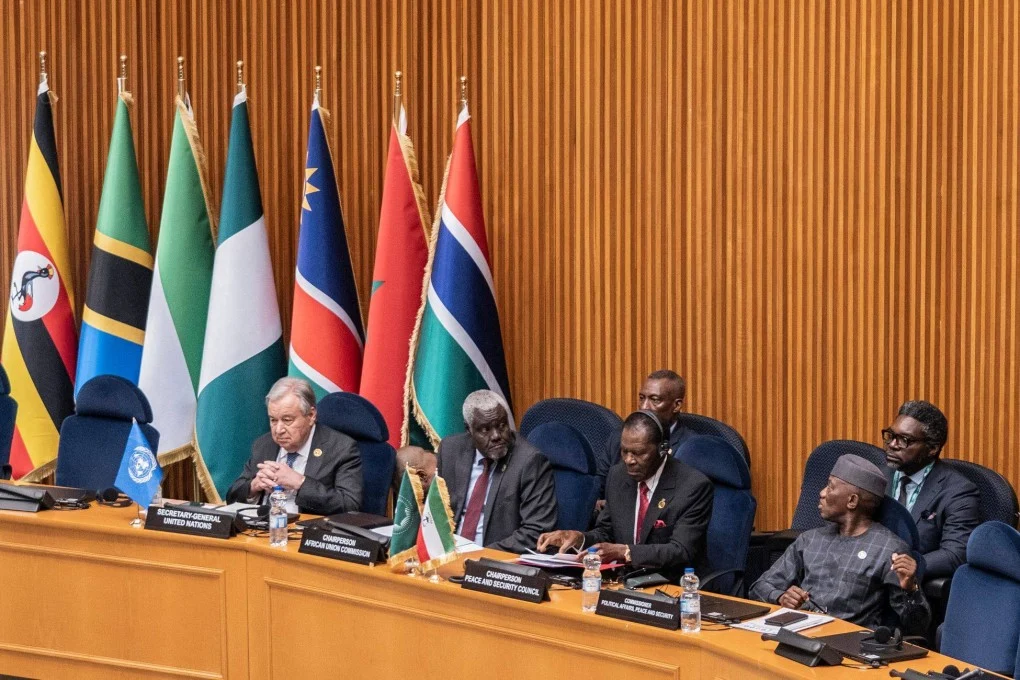The African Union summit opened in Addis Ababa on Saturday, with discussions overshadowed by the escalating conflict in the Democratic Republic of Congo (DRC). The absence of Congolese President Félix Tshisekedi underscored the crisis, as Rwandan-backed M23 rebels continued their advance, seizing a second major city in eastern DRC.
The summit, bringing together leaders from the 55-nation bloc, takes place with ongoing conflicts in both the DRC and Sudan, as well as concerns over the impact of cuts to US development aid under President Donald Trump.
Outgoing AU chair Moussa Faki Mahamat insisted that the ceasefire, demanded by East and southern African leaders on 8 February, “must be observed.” However, fresh clashes erupted on Tuesday, raising doubts over the AU’s ability to enforce peace. Critics argue that the AU has taken a passive approach to the DRC crisis. “The AU has no power in this conflict and is playing the spectator,” said Thierry Vircoulon of the French Institute of International Relations.

Meanwhile, at the Munich Security Conference on Friday, Tshisekedi called for Rwanda to be blacklisted, accusing Kigali of expansionist ambitions. While Rwanda denies direct involvement in the M23 insurgency, it claims that extremist Hutu groups in the DRC threaten its security.
As the summit unfolds, Angola’s President João Lourenço is set to take over the AU’s rotating presidency. Additionally, a new AU Commission chairperson will be elected on Sunday, with Djibouti’s Foreign Minister Mahmoud Ali Youssouf, Kenyan opposition figure Raila Odinga, and Madagascar’s former foreign minister Richard Randriamandrato vying for the position.
In a separate development, the United Arab Emirates pledged over $200 million in humanitarian aid to war-torn Sudan on the sidelines of the summit.
The official theme of the summit—securing reparations from Western nations for slavery—remains on the agenda but has been largely overshadowed by ongoing conflicts and leadership transitions within the AU.


